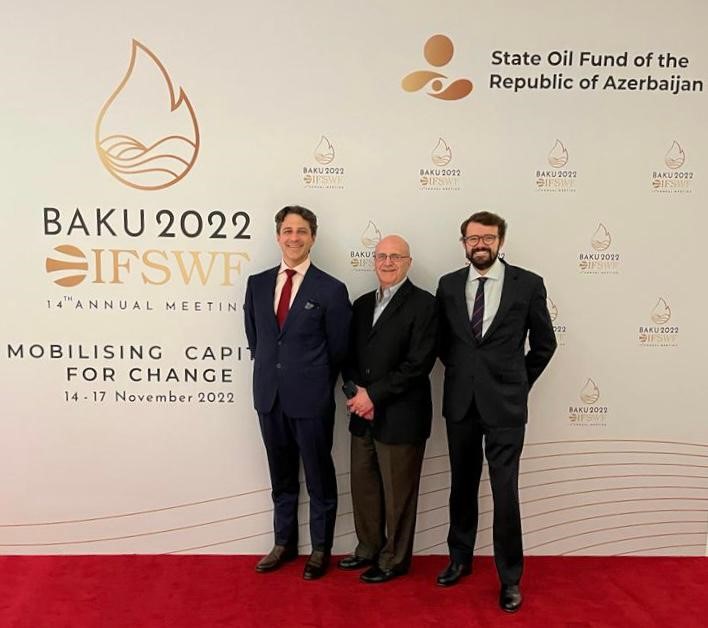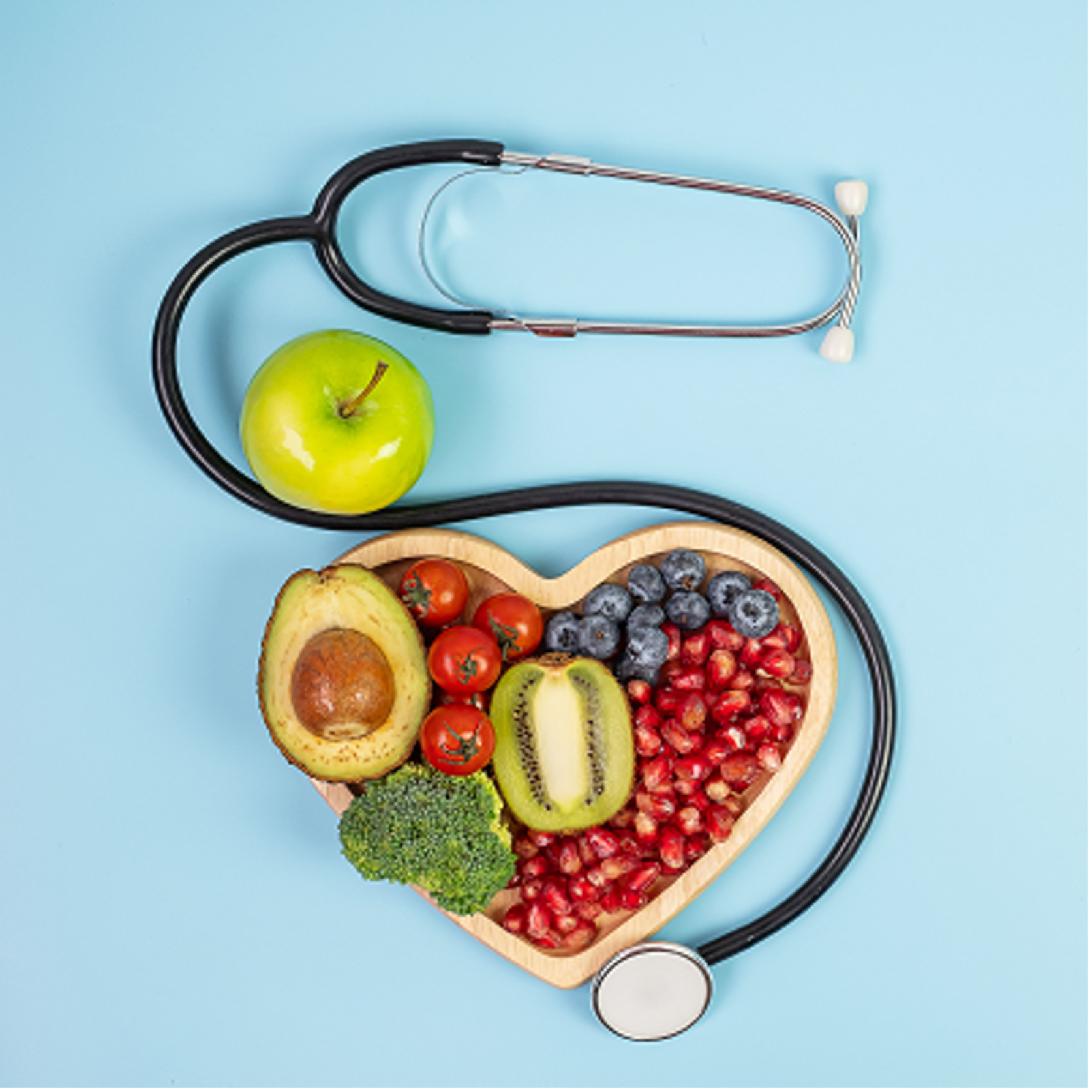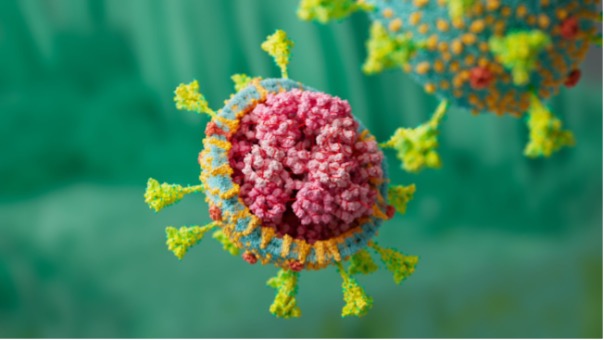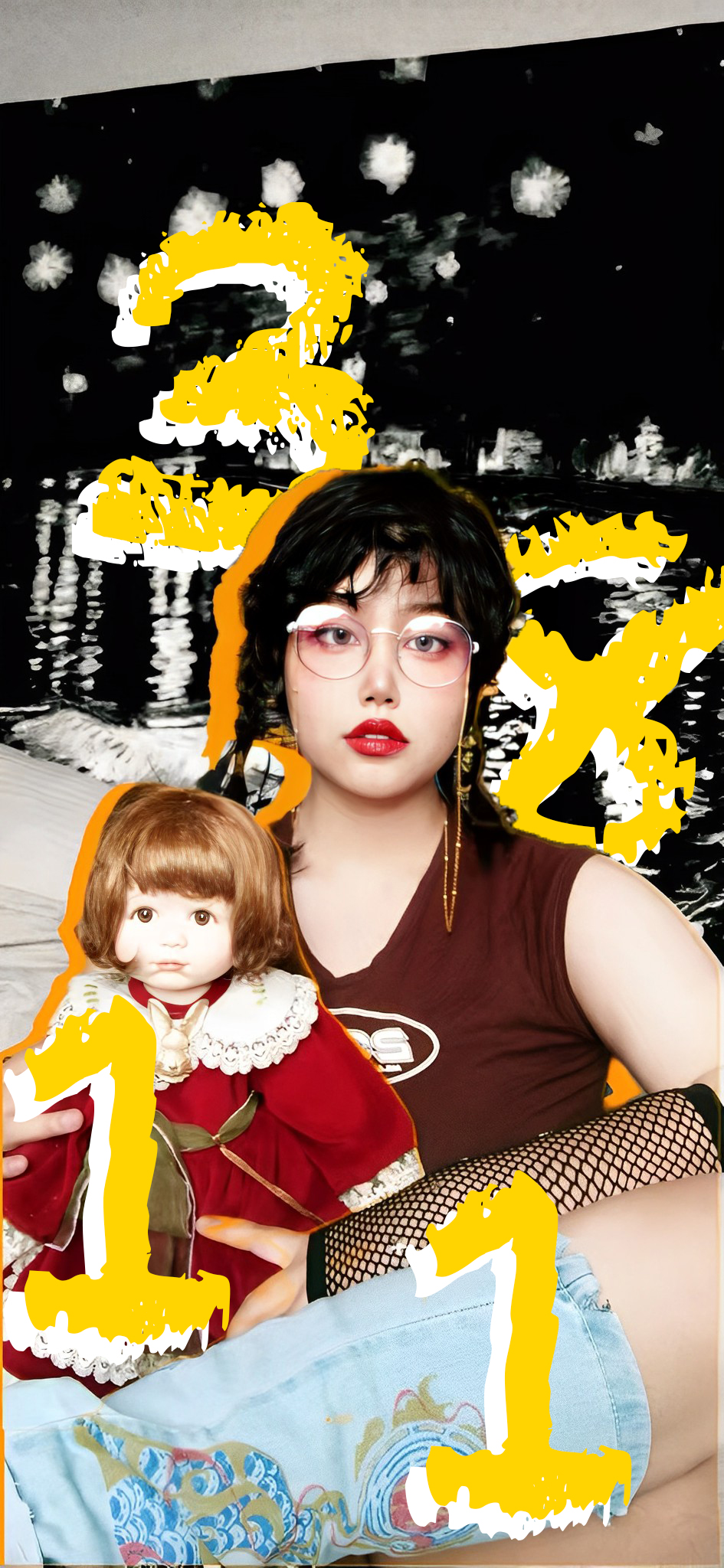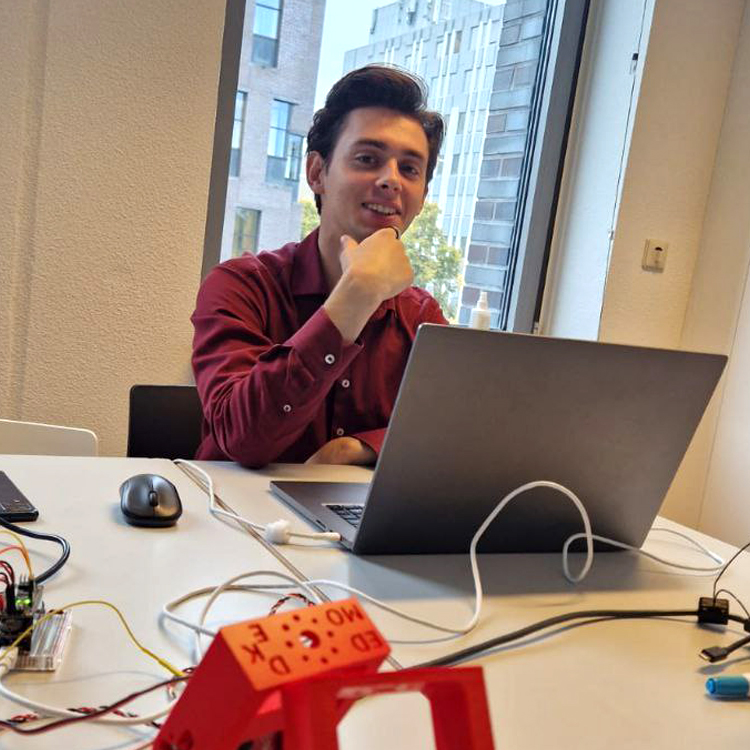News
-
The aim of the Science Communication Incubator is to foster and support a group of researchers that bring science communication skills and knowledge into their teams.
-
Computers are already capable of making independent decisions in familiar situations. But can they also apply knowledge to new facts? Mark Winands, the new professor of Machine Reasoning at the Department of Advanced Computing Sciences, develops computer programs that behave as rational agents.
-
State-owned sovereign wealth funds (SWFs), like that of FIFA World Cup host nation Qatar, are major shareholders in Western industrial and cultural assets. Is that a cause for concern? FASoS’ Adam Dixon has some answers.
-
Treat heart failure in type 2 diabetes with simple nutritional supplements? Researchers at Maastricht UMC+ have discovered that a particular mixture of amino acids could provide a cure for diabetic heart failure.
-
In a unique animation, Maastricht scientists have visualised the life cycle of the virus for a broad audience. They did this using real microscopic images of infected cells.
-
Carlijn Bruijn, a third-year International Business student, spent a year in Montreal thanks to the institutional exchange programmes of UM and backed by a Holland Scholarship. While the sojourn was obligatory for her, she would recommend the experience to anyone.
-
Are you a student and religious and would you like to join a religion-based student association in Maastricht? Then there are a few associations you can join. In this article, we introduce two of them.
-
The first paper ever written by Jiaru Zheng, a second-year bachelor’s student in Digital Society, was published as a journal article. The paper focused on the pop music album 3811, in which singer Tan Weiwei advocates for the status of women in China.
-
When the war broke out in my home country of Ukraine, I realized that this place - this friendly city in the south of Netherlands is quite possibly my new home now for the extended future.


